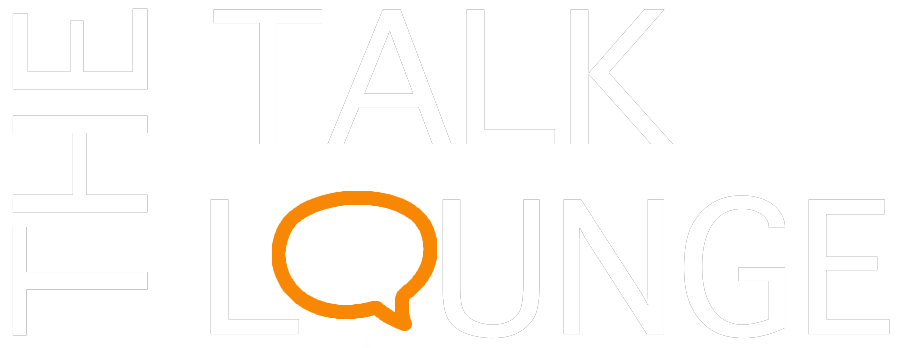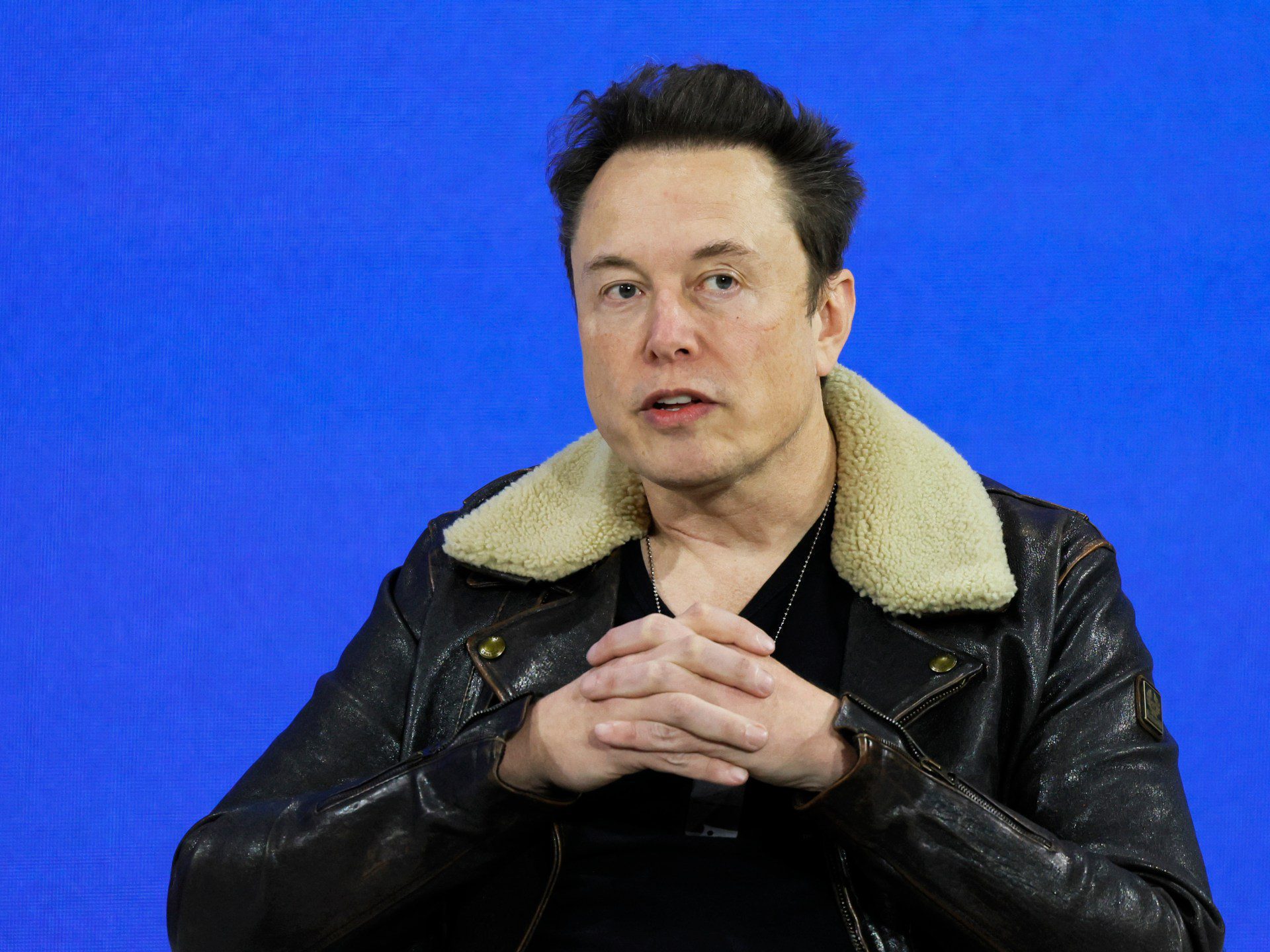The recent claim by Ukraine’s military intelligence agency that Russian troops are using Starlink internet terminals on the front lines of the war has been met with strong denial from Elon Musk, CEO of SpaceX. In response, Moscow has also discredited the allegations and stated that the Starlink internet service is not officially certified for use in Russia. This article delves into the ongoing controversy surrounding the deployment of Starlink terminals in the conflict zone and explores the perspectives of all parties involved.
Elon Musk Denies Selling Starlink Terminals to Russia:
Elon Musk, the visionary entrepreneur behind companies like SpaceX and Tesla, has categorically denied the claims made by Ukraine’s military intelligence agency. In a post on social media platform X, Musk stated that SpaceX has not sold any Starlink terminals directly or indirectly to Russia. He strongly refuted the false news reports and emphasized that the allegations were baseless.
Moscow Rejects Allegations and Denies Official Use:
The Kremlin spokesman, Dmitry Peskov, addressed the issue and confirmed that Starlink is not officially certified for use in Russia. He stated that the internet service cannot be supplied or used officially within the country. This statement serves as Moscow’s response to Ukraine’s claims of Starlink terminals being deployed systematically in Russian-occupied Donetsk. Peskov’s remarks indicate that the Russian government does not authorize or recognize the terminals.
Ukraine’s Claims of Smuggling and Parallel Importing:
Ukraine’s military intelligence agency, GUR, has alleged that Starlink terminals were smuggled into Russia and subsequently deployed among Russian forces operating near the towns of Klishchiivka and Andriivka. GUR spokesman Andriy Yusov revealed that the terminals were entering Russia through parallel importing, bypassing official channels. Although these claims have not been independently verified, they have sparked concerns about the unauthorized use of Starlink’s internet service in the conflict zone.
Starlink’s Stance and Ukraine’s Dependence:
In a recent post on X, Starlink explicitly stated that it does not engage in any business transactions with the Russian government or its military. The company also emphasized that its service does not work in Russia. However, Ukraine’s military has credited Starlink for enabling their forces to communicate, gather intelligence, and coordinate attacks more effectively than traditional radio or phone communications. This highlights Ukraine’s reliance on Starlink’s internet service in their military operations.
Musk’s Refusal to Assist Ukraine’s Attack on Russia:
In the past, Elon Musk faced scrutiny for refusing a request by Ukraine to activate Starlink to assist in a surprise attack on Russia’s fleet in Crimea’s port of Sevastopol. Musk explained that he rejected the request because it would have made him complicit in an act of war and escalated the conflict. This incident sheds light on technology’s complex dynamics and its potential role in conflicts.
The controversy surrounding the alleged use of Starlink internet terminals by Russian troops raises important questions about the accountability and regulation of emerging technologies in conflict zones. While Elon Musk denies any involvement in supplying Starlink to Russia, Moscow insists that the service is not officially recognized. As the situation unfolds, it remains crucial to verify the authenticity of these claims and address the broader implications of technology in warfare.







